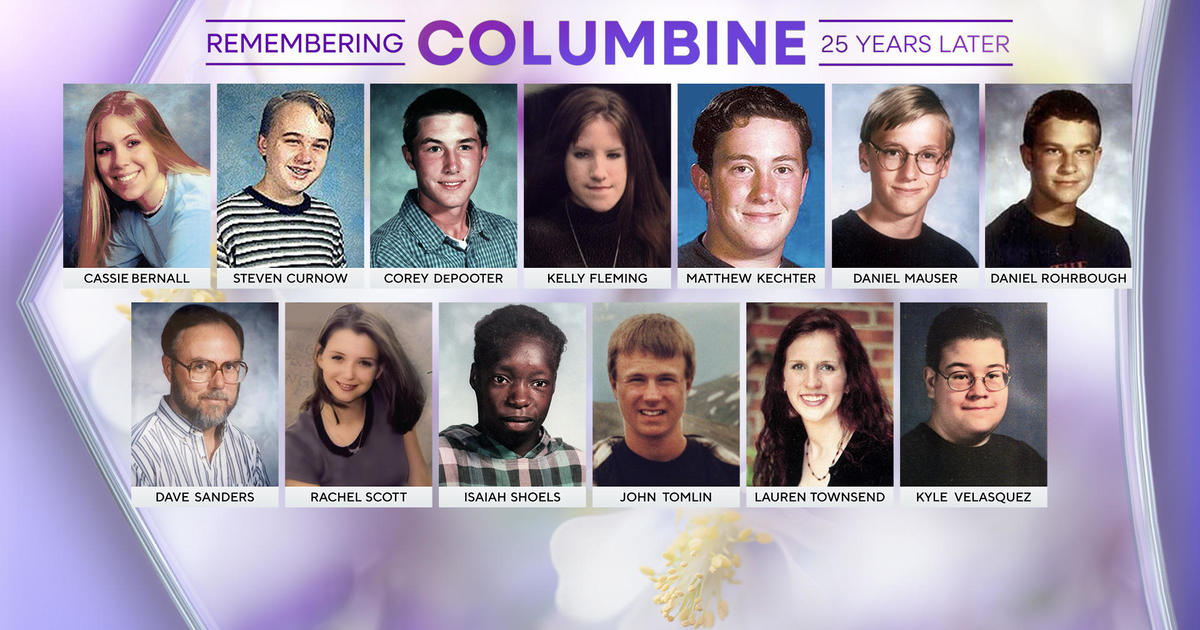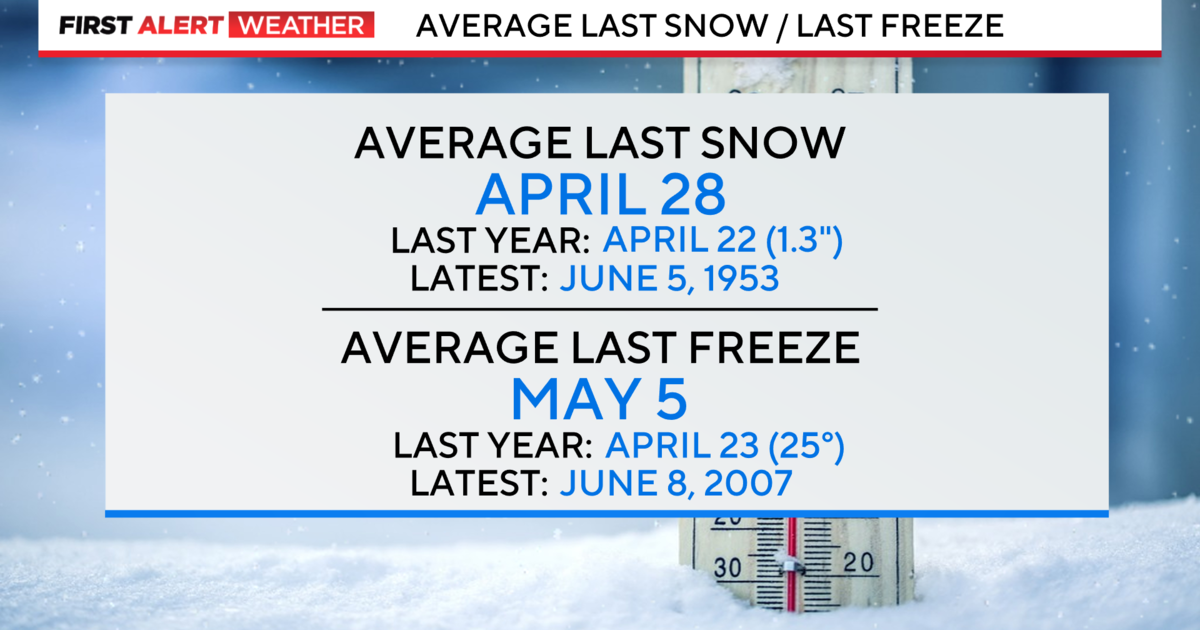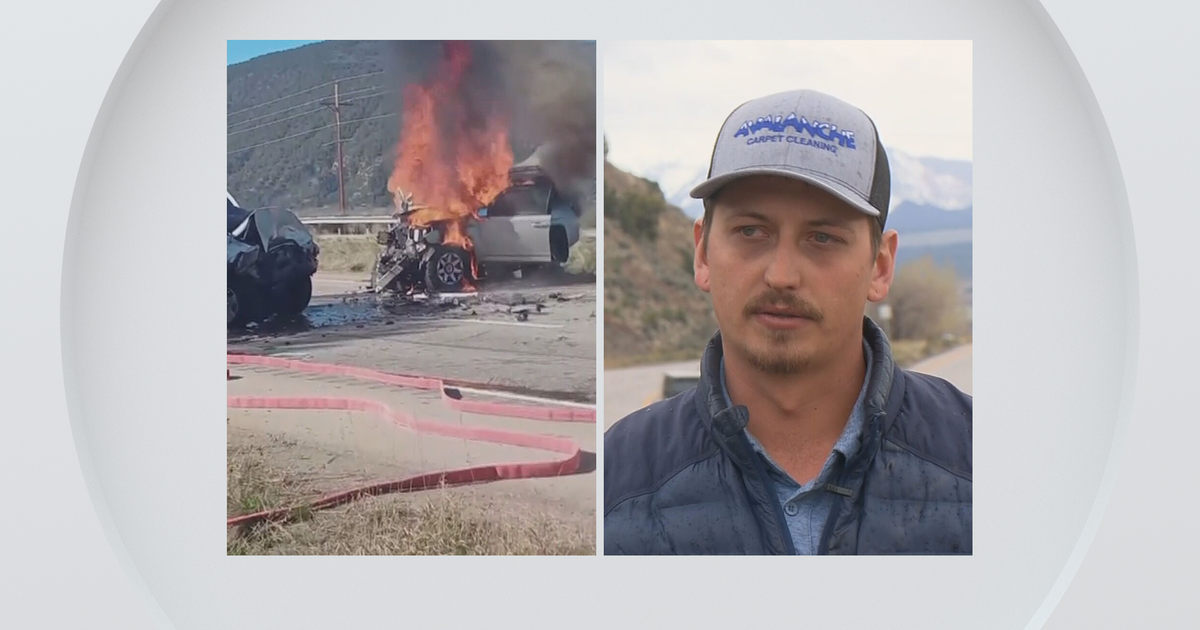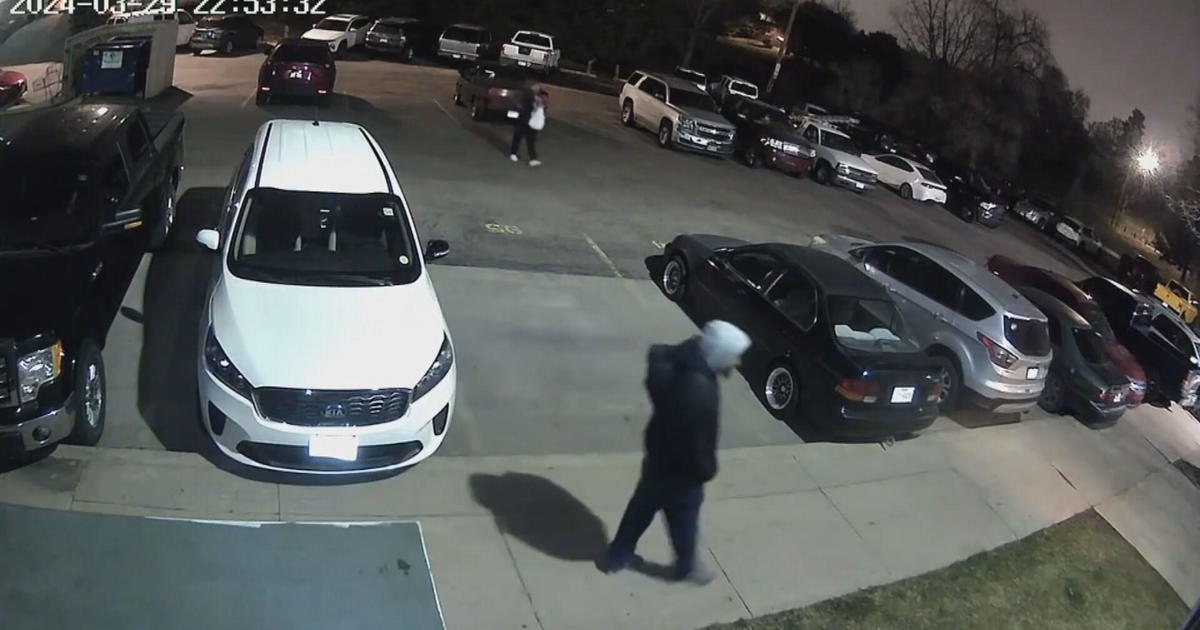Micah True's Death Clouds Future Of Ultra-Marathon
ALBUQUERQUE, N.M. (AP) - A wanderer of sorts, ultra-marathoner Micah True was always looking for what friends described as "a right path in life" - from his early days as a professional fighter to the time he spent in Hawaii running trails and living in a cave.
He found that path in the heart of Mexico's Copper Canyon with the Tarahumara, a community of indigenous people known for their extreme running prowess. True, who died last week while running in southwestern New Mexico, dedicated his life to keeping the Tarahumara running traditions alive and to sharing their culture with the world.
The fate of the 50-mile-plus Copper Canyon race founded and directed by True for the last several years is now uncertain. This year marked a record turnout for the grueling event, which sends participants - many wearing only sandals made of discarded tires - plunging into deep canyons and across mountains and rivers.
"The race will live on, but time remains to tell how it will live on. Hopefully it will always remain true to his goals," said Nick Coury, who knew True and has run the Copper Canyon race each year since 2009.
True's body was discovered Saturday along a mountain stream in a remote part of the Gila Wilderness. The search began for him days earlier after he failed to return from a routine 12-mile run.
Medical investigators conducted an autopsy Monday to determine what happened to the 58-year-old, but preliminary results have yet to be released. There were no obvious signs of trauma.
Remembered as a legend and an inspiration among runners, True - nicknamed "Caballo Blanco" - was known for his big smile and infectious love of running. He had been involved in ultra-marathons for years, but it wasn't until he became friends with the Tarahumara that the direction of his life came into sharp focus.
After a series of injuries and a bit of serendipity, True ended up being a pacer for a Tarahumara runner who was participating in one of the Leadville 100 races in Colorado in the early 1990s. He spent all night running through the mountains for 50 miles, side by side, with the runner.
"That was it. He wanted to find out more. That led him down to the canyons and he basically never came back," said Chris McDougall, a friend of True and author of "Born to Run," which chronicles True's efforts to develop the Copper Canyon race and draw international attention to the Tarahumara way of life and their love of running.
True would spend much of the year living among the Tarahumara, or Raramuri as they are also known. Their lives are difficult but simple, and happiness is never hard to find - elements that all appealed to True.
It was in the canyons where True, a struggling runner himself, got rid of his running shoes, put on a pair of sandals and learned to run the way the Tarahumara do - easy, light and smooth.
McDougall said True understood there was "some really powerful, ancient wisdom still alive down in the canyons." While some might see the Tarahumara as quaint and antiquated, he said their settlements aren't plagued by violent crime, heart disease and cancer are unheard of and being active deep into old age is commonplace.
"What Caballo realized was you could say whatever you want about that kind of a culture, but the fact is they have conquered many things that are defeating the rest of us," McDougall said.
For True, the Copper Canyon race was just as much of a celebration of the simple act of running as it was a chance to help feed the Tarahumara. True would travel back to Boulder, Colo., where he would move furniture and do other odd jobs for a few months to raise money to purchase tons of corn for the participants. The local government eventually began matching his contributions, and this year, prizes of corn and food vouchers were awarded to every finisher.
For some, the race can take six hours. For others, it's 12.
Coury remembers his first Copper Canyon race. Sitting in the darkness at the finish line, he waited for others to cross. First came two young boys and then there were two 15-year-old girls wearing their traditional layered dresses - colorful but heavy. On their feet were plastic jelly sandals.
"That's all they owned. Shoes are hard to come by," Coury said.
"Every year there's something that touches me in a new way," he said. "They come to the race, some of them hiking in from 30 to 40 miles away, and they still believe they can run. It reignites their culture inside them."
Like Coury and the other runners who are mourning True's loss in the U.S., dispatches from Tarahumara settlements indicate their grief is shared. Coury said the Tarahumara are talking about how much the race means to them and that they want it to go on.
Coury said knowing True and spending time with the Tarahumara has been inspirational.
"When you're a young 20-something in college, you're excited about changing the world. You see all these ways to do it and eventually you kind of grow out of it," the 24-year-old runner said. "But he did it and he showed you don't have to be some super person to do it."
- By SUSAN MONTOYA BRYAN, Associated Press
(© Copyright 2012 The Associated Press. All Rights Reserved. This material may not be published, broadcast, rewritten or redistributed.)



